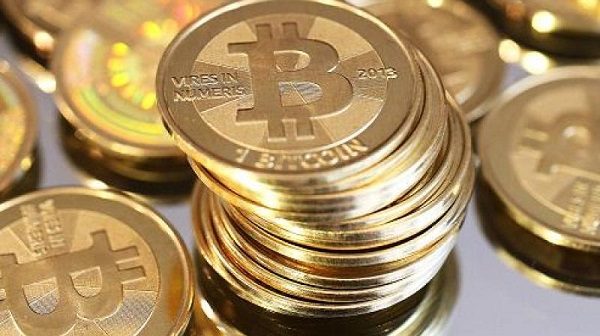With Bitcoin gaining popularity in the Indian market, the government is reportedly considering rolling out its own cryptocurrency which would be named ‘Lakshmi’ and come under the domain of its central bank, Reserve Bank of India (RBI).
India may launch its own cryptocurrency

The name of the cryptocurrency, “Lakshmi”, is representative of wealth and prosperity. It is the name of a Hindu Goddess.
According to the RBI’s Executive Director, Sudarshan Sen’s statement, the central banking institution was looking introducing a substitute to the Indian rupee in the form of fiat cryptocurrencies.
“Right now, we have a group of people who are looking at fiat cryptocurrencies. Something that is an alternative to the Indian rupee, so to speak. We are looking at that closely,” Sen had said.
Sen’s comment came at FinTech conference in India’s financial capital, Mumbai. The central bank, RBI, did not provide any information earlier on the issue and Sen refused to disclose details on where discussions on the issue stand.
RBI had, previously, issued a warning to all cryptocurrency users about the risk that is involved in Bitcoin transactions. The Indian government, in July, was reportedly considering the execution of Know Your Customer (KYC) norms to make cryptocurrency transactions safe.
It is uncertain if the group at the RBI plans to issue a proposal on cryptocurrencies to the government, or if the evaluation is at an initial or advanced stage. The existing Indian law and acts, such as the RBI act, would require a few amendments in order to introduce cryptocurrency which might slow down the entire process.
In June 2017, Russia had expressed a similar objective, stating that that “regulators of all countries have come to the conclusion that it is necessary to do a national virtual currency.” China also appears to stiffen its clutch over Bitcoin while experimenting with its own cryptocurrency.
With the blockchain technology moving at a great pace, its advantages are becoming more popular. However, replacing traditional currency will still require a lot of effort in terms of how banking institutions function as JPMorgan Chase CEO Jamie Dimon rightly pointed out earlier this week.
Leave a Reply